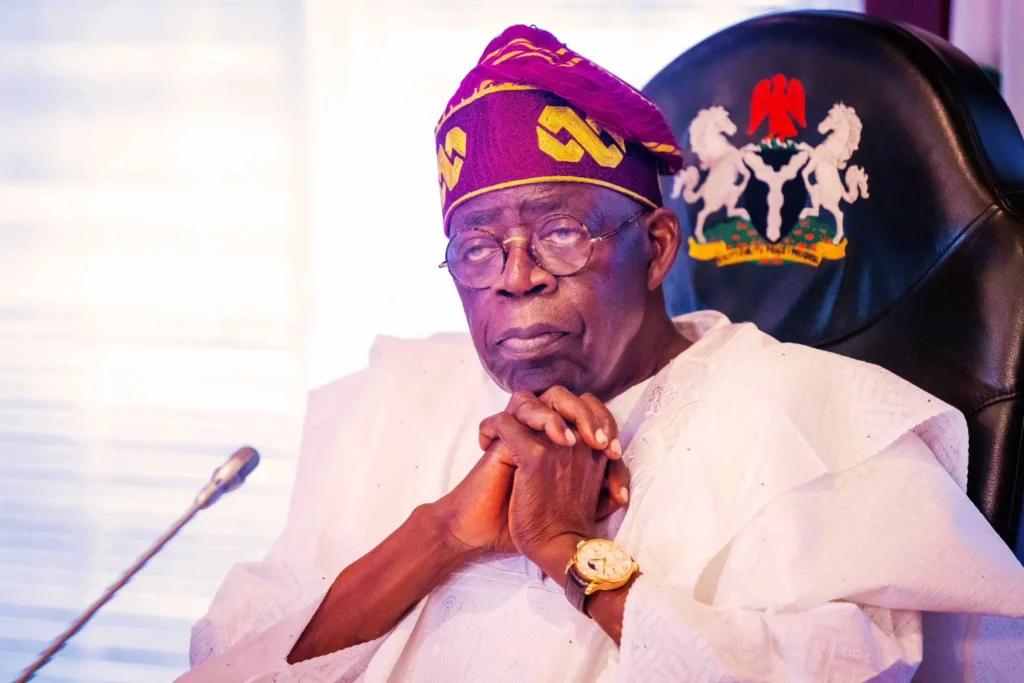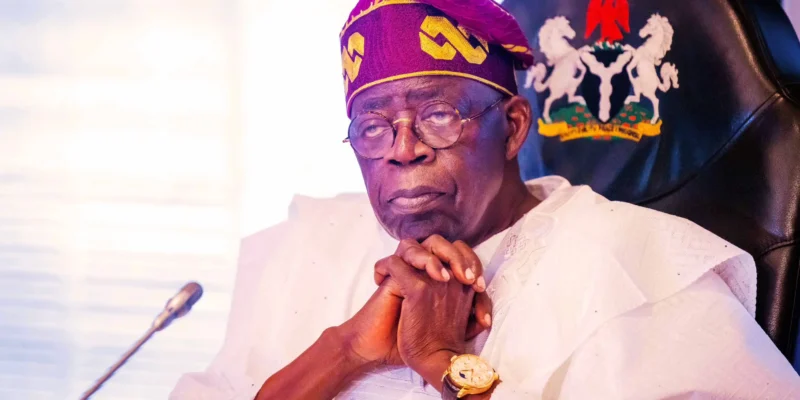
Stakeholders have shown strong support for President Bola Ahmed Tinubu’s decision to ban foreign goods, arguing that the move will boost indigenous businesses, including Dangote Refinery, Innoson Motors, and others, while addressing Nigeria’s economic challenges.
In separate interviews with DAILY POST on Monday, industry leaders like Muda Yusuf, CEO of the Centre for the Promotion of Private Enterprise (CPPE), Gbolade Idakolo, CEO of SD & D Capital Management, and Billy Gillis-Harry, Board of Trustees Chairman of the Coalition of South-South Chambers of Commerce and National President of the Petroleum Retail Owners Association of Nigeria (PETROAN), expressed their support for the policy.
The decision, announced at the Federal Executive Council (FEC) meeting chaired by President Tinubu, focuses on banning the procurement of foreign goods and services by federal ministries, departments, and agencies. This initiative, dubbed the “Nigeria First Policy,” is designed to prioritize locally manufactured goods and services to strengthen the country’s economy, promote industrialization, and reduce reliance on imports.
According to Minister of Information and National Orientation, Mohammed Idris, the policy aligns with the administration’s broader economic strategy and aims to reduce Nigeria’s import bill, which reached N16.6 trillion in late 2024. By focusing on local production, domestic businesses such as Dangote and Innoson Motors are expected to gain a competitive edge over their foreign counterparts.
Muda Yusuf of CPPE emphasized that the policy should be implemented not just at the federal level but also at state levels. He argued that such a move would stimulate job creation, reduce foreign exchange outflows, and encourage the patronage of local industries. Yusuf also pointed to the growing capabilities of Nigerian professionals in fields like information technology and software development, suggesting that the ban should extend to services as well.
Gbolade Idakolo echoed these sentiments, highlighting that the policy could help strengthen the naira by reducing the demand for foreign currency needed for imports. He noted that Nigeria had already seen a trade surplus in 2024, a feat largely attributed to reduced imports and increased exports of local goods, and that this policy could help sustain that positive trend.
Billy Gillis-Harry, on his part, lauded the decision, describing it as a “game-changer” that could position Nigeria as a global economic powerhouse. He stressed the importance of full implementation, calling on every Nigerian to support the initiative from the top levels of government down to the grassroots.
With strong backing from stakeholders, the “Nigeria First Policy” is poised to reshape Nigeria’s economic landscape, driving local production, fostering industrial growth, and enhancing national pride in homegrown goods and services.

Comments